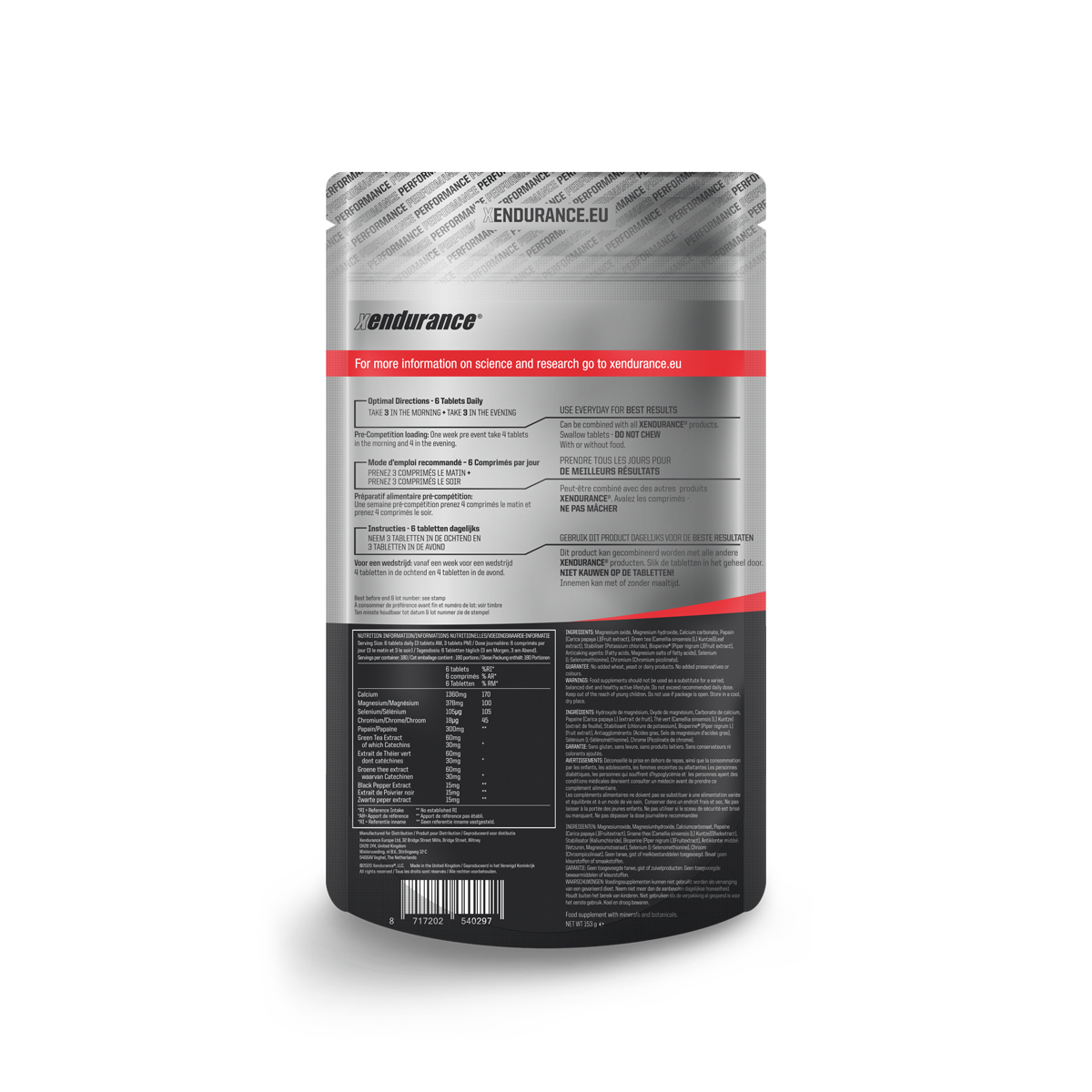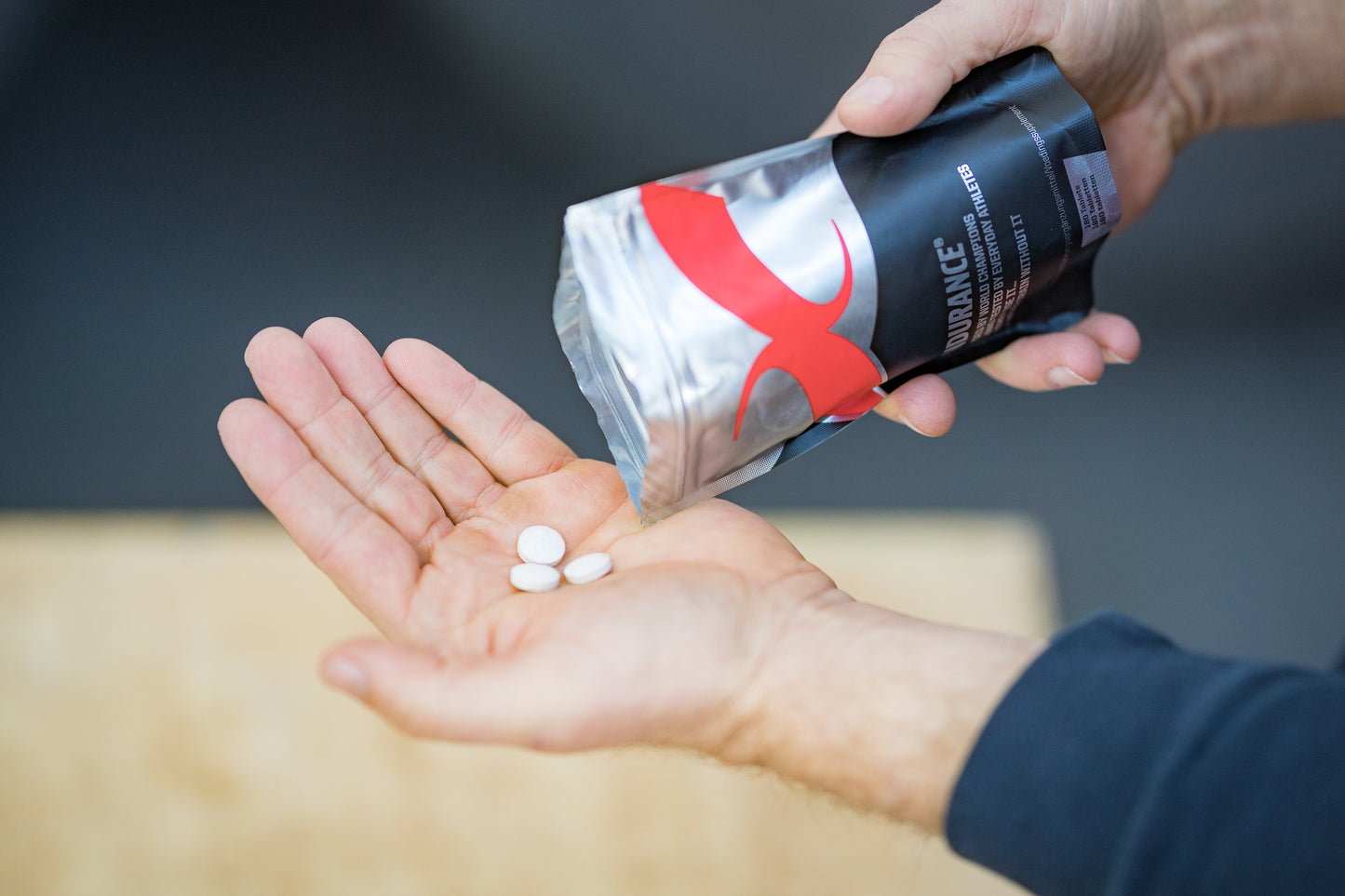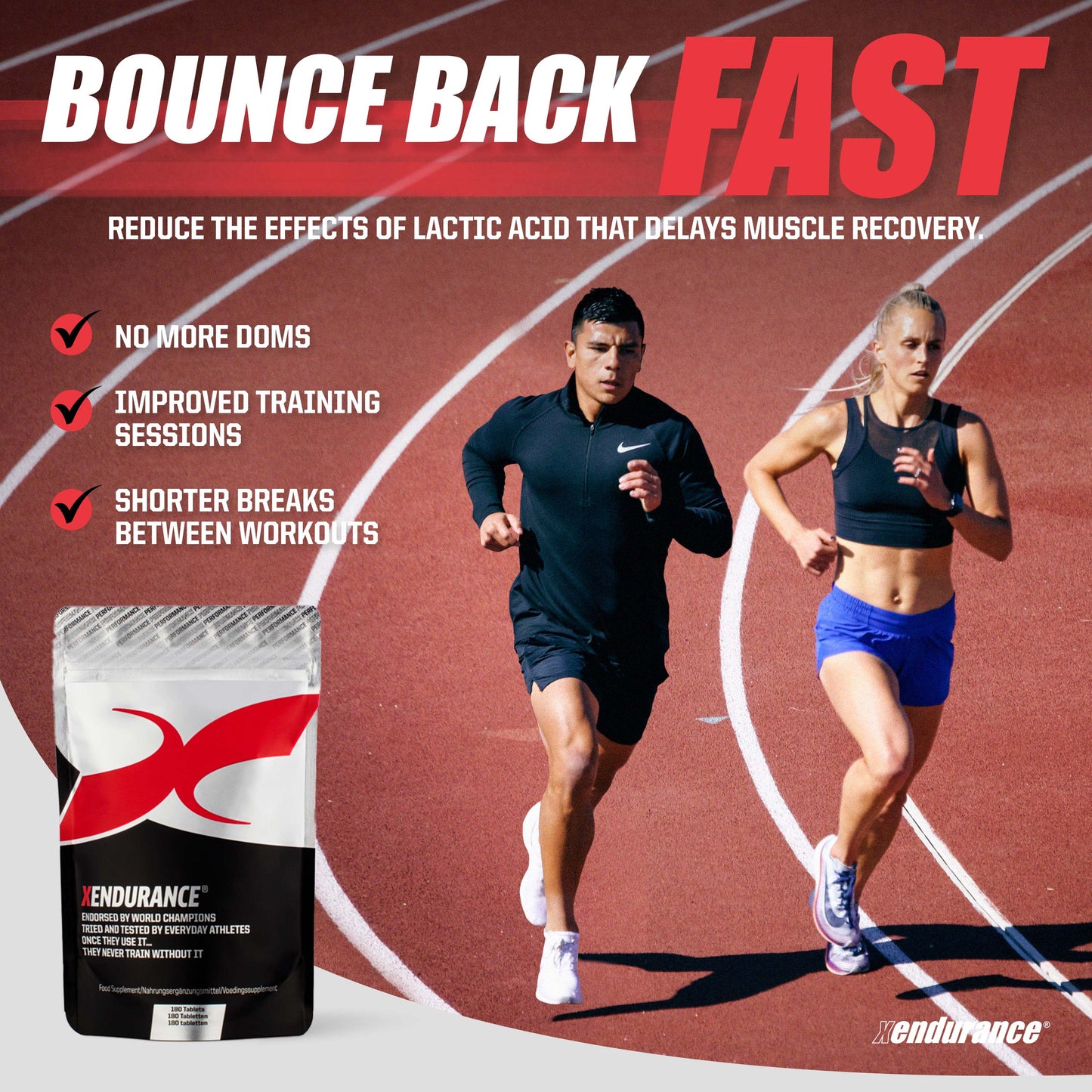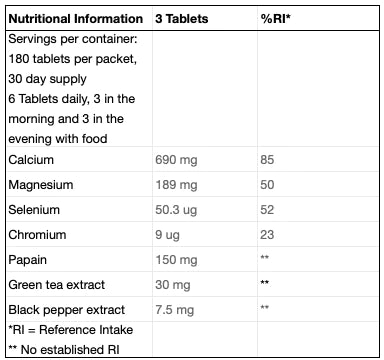Caffeine has been present within the human diet for over 10,000 years. It is found naturally or as an added ingredient in both foods and beverages. Most commonly associated with tea, coffee and perhaps energy drinks too, it originates in the beans and leaves of the coffee, guarana and cacao plants (yes there’s caffeine in chocolate too!).
Caffeine can have performance enhancing effects for sportsmen and women, but to use it effectively we need to know a little more…
- Caffeine is a mild stimulant. Its positive effects include feelings of well-being, energy, reduced perception of effort and positive thinking.
- It is measured in milligrams (mg) with the amounts contained in typical dietary and sports nutritional products varying hugely.
- From the moment you ingest caffeine it take around 45-60 minutes reach its peak effect and its half-life is around 5 hours (this means your liver takes that amount of time to metabolise caffeine to half or its original strength).
- There are large individual differences in the metabolism and tolerance of caffeine and the effects are reduced with regular consumption.
Example caffeine contents of common foods and beverages:
- Tea: 50mg (green tea 30mg)
- Coffee: Filter large cup 100mg / Espresso 65mg / Instant approx. 50-60mg
- Cola: 1 can (330ml) 30-40mg
- Chocolate (dark): 20-25mg per ounce
- Energy Drinks: Red Bull (250ml) 80mg / Monster (500ml) 160mg / Rockstar 160mg
- XENDURANCE FUEL 5+: 45mg per serving
So how much do you need and what’s the likely performance improvement?
- Most researchers and experts purport 3-6mg per kg of bodyweight as necessary to provide a performance benefit. So for an 80kg athlete that could be anything from 240mg – 480mg. This doesn’t have to be taken in one large dose! The benefits are, as like the metabolism, individual. The average improvement seems to fall in the 2-3% range, although there will be outliers reading this who may gain more than that or perhaps less. There will also be a small proportion of people who do not benefit and for whom performance may actually be worsened (see below).
Side-effects of caffeine:
- Restlessness or uneasiness.
- Anxiety.
- Headaches.
- Insomnia.
- Increased heart rate.
Key messages:
- Caffeine intake of 3-6mg per kg consistently shows positive effects on sports performance.
- Caffeine intake should be strategic. Considering how long it takes to act (45-60mins) and how long that action is likely to last for (5hrs).
- Try it in training
- Start at the lower recommended dosage especially if you’re not a habitual caffeine user or are known to experience any of the side-effects listed.
- Caution if considering using caffeine for mid-afternoon or evening races as it will likely disrupt your sleep.










